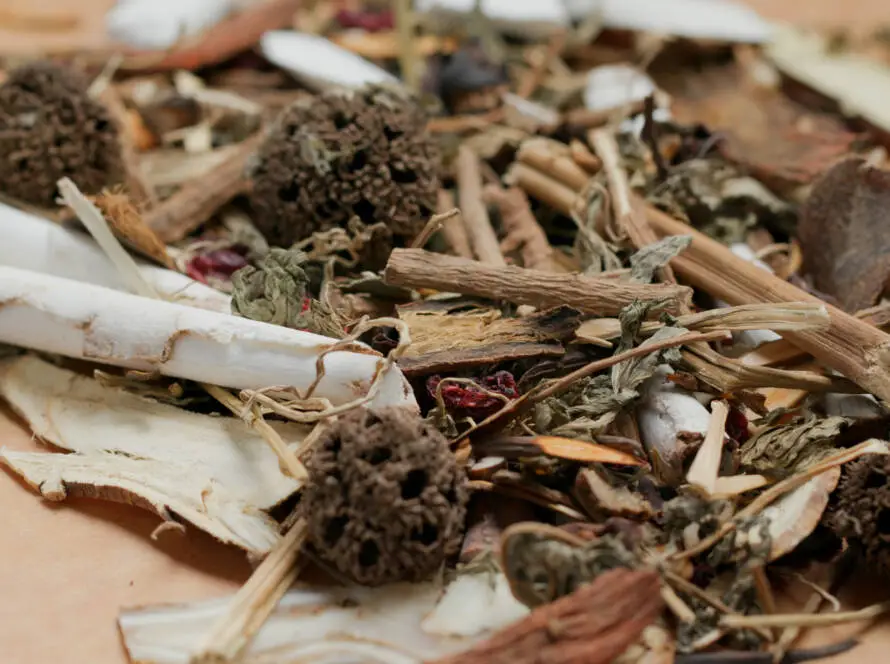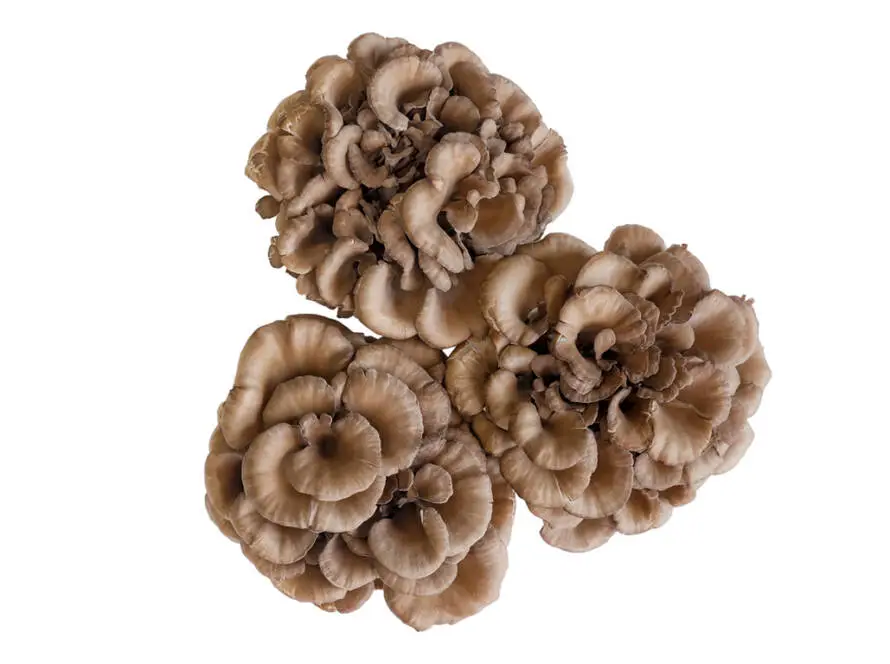Catnip: A Simple Overview
Catnip is a hardy herb often found in gardens. It’s well-known for making some cats feel great and is used in various ways, from cooking to medicine.
What is Catnip?
- Common Names:
- Catnip
- Catnep
- Catmint
- Catswort
- Field Balm
- Scientific Name: Nepeta cataria
Uses of Catnip
Catnip has several uses, both for pets and people:
- For Cats:
- It can create a feeling of happiness and excitement in some cats.
- For Humans:
- Topical Use: Helps reduce swelling from conditions like arthritis and injuries.
- Internal Use: Traditionally used for digestive issues, colds, and more. In some areas, people drink catnip tea to calm nerves and treat stomach problems.
How to Use Catnip
- Topical Application:
- Make a poultice by soaking dried catnip leaves or flowers in warm water. Apply this mixture to the affected area as needed.
- Tea:
- Brew catnip leaves to create a soothing drink or wash.
What Does the Science Say?
Most research on catnip focuses on its effects on animals. There isn’t strong evidence for its use in humans, but historical references suggest it can help with sleep and calmness. Some studies indicate it might have antimicrobial properties and could repel certain insects.
Human experiences with catnip can be similar to how cats react, leading to feelings of happiness. However, some cases of excessive use have been reported with potential side effects like headaches.
Side Effects and Cautions
Dosage: There’s no recent guideline for how much catnip to take. A traditional dose for calming purposes is about 4 grams in tea.
Possible Issues:
- Overuse may lead to headaches.
- There are no significant safety concerns when catnip is used correctly.
Overall, catnip is generally safe for proper use but should be approached with caution in large amounts.
If you have any questions or need more information about catnip’s uses or safety, feel free to ask!
Resources
- Drugs.com
- Wikipedia.com
This summary highlights the key aspects of Catnip, including its traditional uses, potential benefits, and safety considerations.
Disclaimer
The information I’ve shared about herbs is for educational purposes only and is not meant as medical advice. While many herbs have been traditionally used for their potential health benefits, individual responses may vary, and the effectiveness of herbs can depend on various factors, including personal health conditions and interactions with medications. It is essential to consult with a qualified healthcare professional or a licensed herbalist before using herbs for medicinal purposes or making significant changes to your health regimen. This information should not be considered a substitute for professional medical advice, diagnosis, or treatment.


